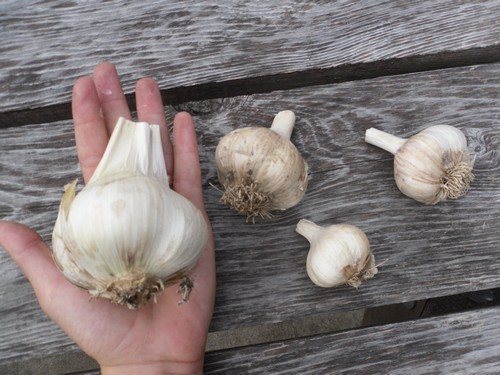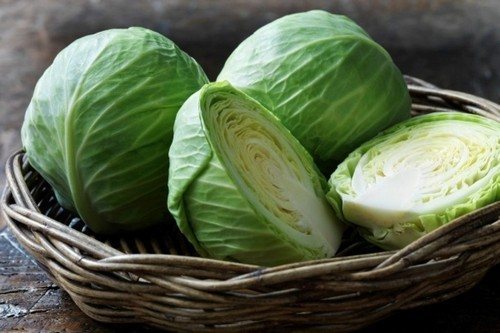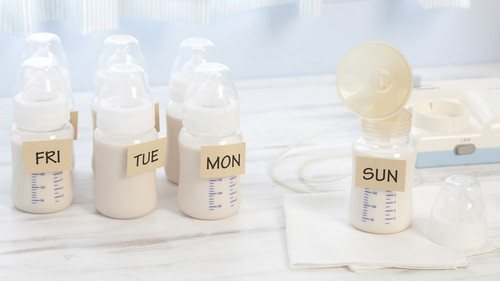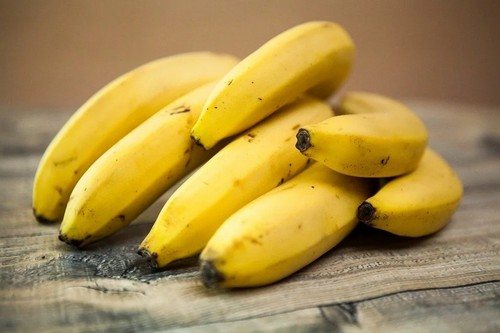This unique product came to our menu from oriental cuisine. For one-time preparation, take a very small portion of ginger so as not to drown out the aroma of other ingredients. You can store ginger in several ways, it all depends on the type of product and the subsequent purpose. With proper conservation, all its unique and necessary properties are preserved.
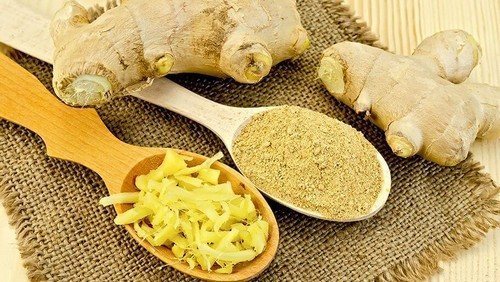
What type of ginger is there?
This is a plant of tropical latitudes. In Russia, it is cultivated only by agronomy specialists and not on an industrial scale. The bulk of Russians purchase ginger root at retail outlets.
The following types are actively used for various purposes:
- Fresh is a smooth, hard tuber, light beige in color, with no dark spots, traces of mold or flabby.
- Dried is a dense root of a plant, without any defects, dried either in the sun or using warm air. This product has the richest taste compared to other types.
- Ground is processed dried. This is how it is used in cooking.
- Marinated - fresh, cut into thin strips and kept in a special liquid composition.
- Grated ginger root is not sold in stores. But it’s easy to prepare it at home by chopping it on a grater.
- Black ginger is the same as light ginger, but it comes to the retail outlet dried and unpeeled. It is characterized by a significant aroma and increased pungency.
- Ginger oil is an essential oil made from the ginger tuber. Sold in pharmacies.
How to choose
The quality of a fresh spine is easily determined visually. Ginger with smooth, light skin and no black spots, eyes, damage or sagging is the best option. It is preferable to store fresh root, since it is in it that the beneficial substances are more reliably preserved.
If it is necessary to store a dried or peeled product, it is also necessary to carefully select raw materials, similar to choosing a fresh root.
How to store at home
In any form, ginger spice can be stored for some time and is suitable for use, the main thing is to comply with certain conditions.
Fresh
Fresh root is best preserved only in a cool, dark place, such as a refrigerator or cellar. Before storing, there is no need to peel the tubers or cut off the skin from them, as this will lead to rapid spoilage. The preparation is as follows:
- dry thoroughly with a towel or napkin;
- Place in a paper or film bag.
Purified
Options for storing peeled root are varied. Three of them are the most popular. In all cases, the prepared root should be placed in a washed glass container.
- Pour the prepared product with vodka or white wine. Seal the container tightly and store in a cool, dark place.
- Squeeze enough lime juice to completely cover the prepared ginger. Pour juice over the prepared product. Close the jar tightly and store in a prepared place.
- Pour boiled hot water over the prepared product. Cool to room temperature. Close the glass jar well and store it in a cool, dark place.
Sliced
Ginger root, chopped, should be stored in a similar way to peeled ginger.
Dried root
The easiest way to preserve dried ginger tubers. The main thing is to pack it in a clean canvas or paper bag and put it in a dry, dark place. The optimal storage temperature should not exceed 30 degrees.
Ground
Powdered ginger, or in other words, ground, is stored in a tightly sealed container, in the dark, in a room. This is if you ground the root yourself in a coffee grinder. And if you purchased it in a store, you need to store it in its original packaging.
Marinated
You can also store pickled ginger in several ways:
- In the refrigerator, for example in a glass jar. If the product was purchased in a vacuum bag, you must transfer all the contents into a jar.
- In a bag with a zip-lock fastener. Place the pickled root in the indicated bag and store it in freezer. Since it is not recommended to freeze this plant twice, the entire volume should be divided into small portions and only then frozen.
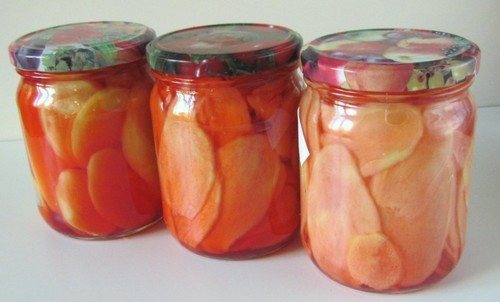
Rubbed
Store grated ginger in a similar manner to peeled ginger.
Ginger oil
Any pharmacy chain sells ginger oil. The price is high. This oil is used for cosmetic procedures and in cooking. It should be stored in a tightly closed jar, in a dark cabinet, at room temperature.
Decoctions and infusions
Decoctions and infusions are prepared from ginger, which are impractical to store for a long time. They are used in treatment. The drink should be prepared fresh every time. It should be remembered that the longer the drink is infused, the brighter and sharper the taste of the main ingredient. To reduce the severity, you can strain the infusion (decoction).
Ginger for tea
The root is used in various forms to brew tea. Can be brewed with fresh, chopped or grated. In the absence of fresh root, dry ginger and even ginger powder are suitable for brewing. Storage conditions are similar to those for each specific species.
Lemon and honey mixture
As a remedy for colds and to boost immunity, a mixture of lemon, ginger and honey is used. There is no need to make large quantities in reserve, and there is no need to store such a mixture for a long time. The finished concentrate is placed in a glass container with a tight lid and stored in the refrigerator.
How long can ginger be stored?
Each type of spice requires certain storage conditions and periods under which the beneficial properties are preserved as much as possible.
| Type of ginger | Storage | Shelf life |
| Fresh, without packaging | Cellar, refrigerator | Up to 7 days |
| Fresh, in a paper bag or cling film | Cellar, refrigerator | Up to 30 days |
| Dried | Dry dark place | Up to two years |
| Peeled (chopped, ground, grated) | Cool dark place.
|
Up to 14 days
|
| Marinated | Cool place | Up to 60 days |
| Frozen | Freezer | Up to six months |
| Ginger oil | At room temperature in a dark place | Up to 30 days |
| Decoctions and infusions | At room temperature | Up to 3 hours |
| In a refrigerator | Up to 5 hours | |
| Lemon and honey mixture | In a refrigerator | Up to 14 days |
Is it possible to freeze ginger?
All experts agree that it is better not to freeze ginger in any form. When exposed to very low temperatures, the product loses its beneficial properties and vitamins. However, it completely preserves the aroma and taste. Due to this circumstance, frozen ginger can only be used in cooking to add piquancy to dishes.
You can freeze the peeled tuber, whole or in processed form. There are two common methods of storing in the freezer:
- Place the prepared whole ginger in a bag or container with a vacuum effect. Place in the freezer.
- Divide the ginger into small portions with a knife, or grate it. Place on a plate and freeze. Then transfer the frozen root into bags and store. It is better to freeze the finely grated root in ice cube trays. Then it is convenient to use, taking out not the whole product, but a small cube.
How to dry
You can dry ginger root in the oven or electric fruit and berry dryer, or naturally in the sun.
When cooking in a dryer, follow the attached instructions.
Procedure for preparing dried spices in the oven:
- Peel fresh tubers.
- Cut into thin slices.
- Place on a baking sheet previously lined with baking paper.
- Place in the oven, heated to 50-60 degrees. Dry for at least two hours. The oven door should not be closed during drying to allow moisture to evaporate.
- If the plate breaks easily, the product is ready.
Drying ginger in the sun is not difficult. You should proceed like this:
- wash;
- dry;
- cut into slices if necessary;
- place on a baking sheet;
- Place the baking tray in the sun.
You don’t have to cut the root, but dry it entirely.
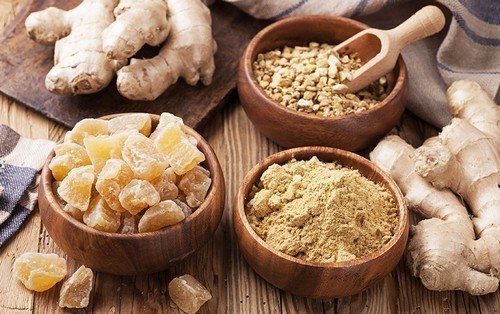
How to marinate
A variety of sauces, vinegar, alcohol-containing liquids, lemon juice, and dry wine are used as a marinade for this plant. These components are used for marinade in different combinations.
The root is pickled like this: thin slices of peeled ginger are placed in a clean glass container and filled with the selected liquid.Keep the ginger in the marinade for half a month.
Unusual storage methods
Ginger is gaining great popularity in Russia. Housewives are mastering many ways to store this spice, including unusual ones.
With the help of alcohol
Store using alcohol as follows:
- Peel the root by scraping off a thin layer of skin. For this purpose, you can use a teaspoon or potato peeler.
- Cut into small pieces or chop on a coarse grater.
- Place the prepared raw materials in a clean glass container.
- Pour in liqueur, vodka or sherry.
- Seal the container tightly and store.
In vacuum jars and bags
Grated, chopped, pickled ginger is stored in the refrigerator or freezer in vacuum jars and bags. Raw materials should be placed in containers in small portions, this makes it more convenient to use. And the grated seasoning can be frozen into cubes in small molds, and then placed in a vacuum container.
With sugar
This is the most elegant way to store spices. Fragrant candied slices are reminiscent of numerous oriental sweets and are well suited for eating with tea.
Cooking method:
- Dilute brown sugar in warm boiled water in a 1:1 ratio;
- Place thin slices of ginger tubers in an enamel bowl and fill with syrup;
- cook for at least 15 minutes over low heat;
- cool;
- roll each slice in sweet powder and place on a baking sheet;
- bake for 30 minutes in a hot oven at 80 degrees;
- store as dried ginger.
Storage in the ground
The ginger root is preserved well in soil consisting of equal parts of peat, sand and humus. The pot with soil and ginger should be kept in a dry, dark place, so the plant will not germinate.When sprouted, fresh leaves are used for food.
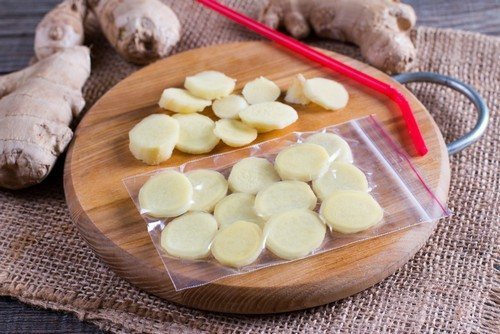
Use of ginger in cooking
Ginger is eaten with both meat dishes and fish and seafood. Numerous sauces are prepared using ginger root and ginger marinade. Dishes become spicy and piquant.
Bakers also love ginger and use it in their work. Gingerbread is widely known and is prepared for numerous winter holidays by decorating it with icing. In addition to gingerbread, Easter cakes and buns are baked with ginger.
This spice is absolutely indispensable in the preparation of warming and immunity-boosting drinks: sbiten, teas, liqueurs and tinctures with the addition of berries and herbs.
A unique dish is also prepared from this root - jam.
Ginger is good in many ways, but it still has contraindications, so you should pay attention to possible complications on the human body.



